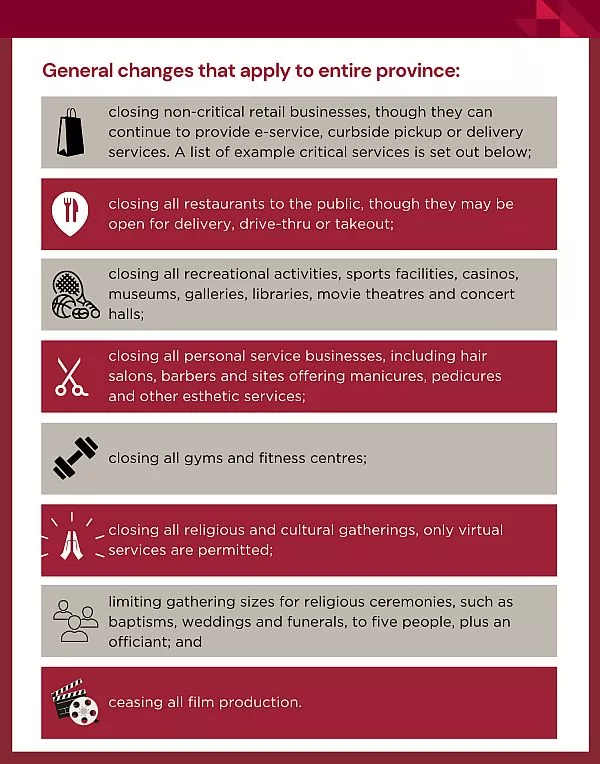The Ministry for the Environment has recently introduced the Draft National Planning Standards, which are open for comment until Friday 17 August 2018. This article outlines the general purpose of the Standards, and some issues we have identified which may undermine considerable concessions which have been made in the recent Christchurch District Plan review – and will apply to other Regional and District plans around the country.
Purpose of the Standards
The Standards aim to improve consistency of planning documents (Regional Policy Statements, Regional Plans and District/City Plans) across New Zealand. The intention is that the consistency across all planning documents will make it easier to use plans in different regions, and also reduce costs for local authorities, as each statement / plan is pre-designed, and so new or replacement documents do not need to 'reinvent the wheel'.
The Standards prescribe an outline for each of the planning documents, including the order in which different matters or 'themes' are to be addressed, and the introductory provisions. As you progress through the Standards, they increase in detail. Of particular interest is the mandatory direction that all plan zone descriptions and zone purpose statements must be a replica of those outlined in the Standards. For example, in its current draft the Standards dictate that the purpose of a rural production zone is to "prioritise primary production activities that rely on the productive nature of soils, intensive primary production, and also providing for associated rural industry".
Timeframes
Different timeframes apply, but in general, the changes set out in the Standards are required to be implemented within 5 to 7 years of the Standards being gazetted. Generally, this will mean that the changes are integrated into the planning documents upon their next review.
Potential problems
A 'one size fits all' approach does not appreciate the differences between regions, including the history within those regions which have resulted in specific rules.
One such example is the proposed definitions, included within the Standards. The Standards set out a list of definitions which occur frequently in planning documents around New Zealand, and propose a set of generic definitions to be applied.
A major part of the Christchurch District Plan Review centred on the definition of "rural productive activities" – and the role of quarrying within this definition. The end result, following significant submissions and debate before the Independent Hearings Panel was that quarrying was appropriate to include within the definition of "rural productive activities", and is a legitimate activity within the Rural Zones.
The Standards introduce a definition of "primary production" which captures all elements of the "rural productive activity" definition apart from quarrying. The list is exhaustive, meaning there is no opportunity to argue that quarrying is "primary production". This has spin-off effects, in that the definition of "rural industry" only includes industrial activities which support "primary production" – begging the question of where quarrying is supposed to establish, under the planning framework.
We consider the Standards do not adequately address "visitor accommodation", which is buildings primarily used for accommodating non-residents. At a time when many Councils are trying to work out how to best address the rising popularity of Air BnB and other home-letting websites, this generic definition will not assist creating rules which are easy to apply.
Making a submission
There will be no hearings where submitters can speak to their submissions. Therefore, any submissions must be evidence-based, and clear as to the changes requested, and why they are required. The period for submissions closes at 5pm on Friday 17 August.
The content of this article is intended to provide a general guide to the subject matter. Specialist advice should be sought about your specific circumstances.


